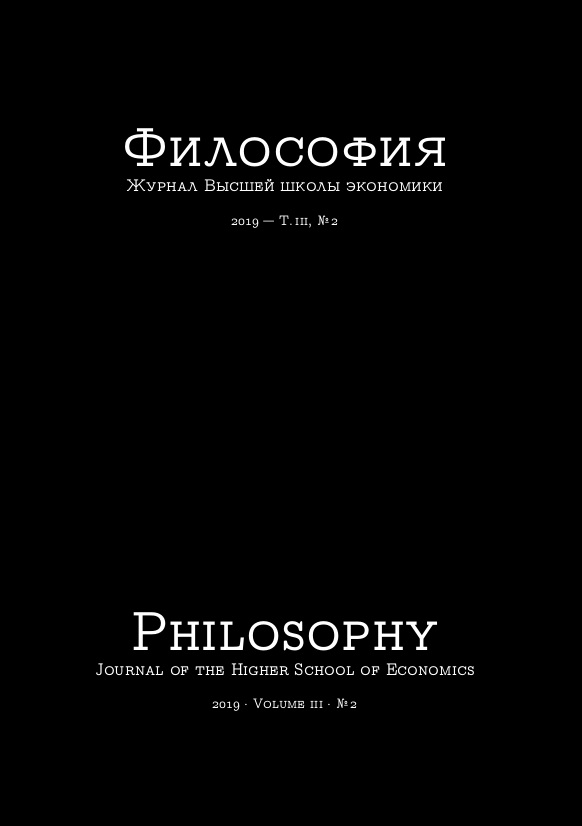Доносы и агентские донесения как механизм «интимного» взаимодействия с властью
Аннотация
В статье рассматривается своеобразие функций и жанрово-стилистических особенностей доносов во время правления императора Николая I. Для этого периода характерно отсутствие представительных органов, любых институциональных практик коммуникации с властью и возможности более или менее открыто выражать мнение в прессе с одной стороны, и стремление императора к прямому вмешательству во все сферы жизни подданных с другой. В создавшихся условиях большую роль приобрели доносы и донесения как прямое, интимное общение подданных с властью через посредничество Третьего Отделения Его Императорского Величества собственной канцелярии. Третье Отделение выступало непосредственным медиатором от «маленького человека» к самодержцу Российскому, что позволяло первому миновать официальные бюрократические промежуточные этапы, устанавливая тем самым близкие, личные отношения с властными структурами. Для доносов и донесений этого периода характерны специфические жанрово-стилистические особенности: исповеди, интимного, «сыновнего послания», призванного подчеркнуть неофициальный, внебюрократический, патриархально-личный характер отношений подданного и власти. Кроме того, доносы и донесения нередко использовались как способ косвенного влияния на
властные структуры.






